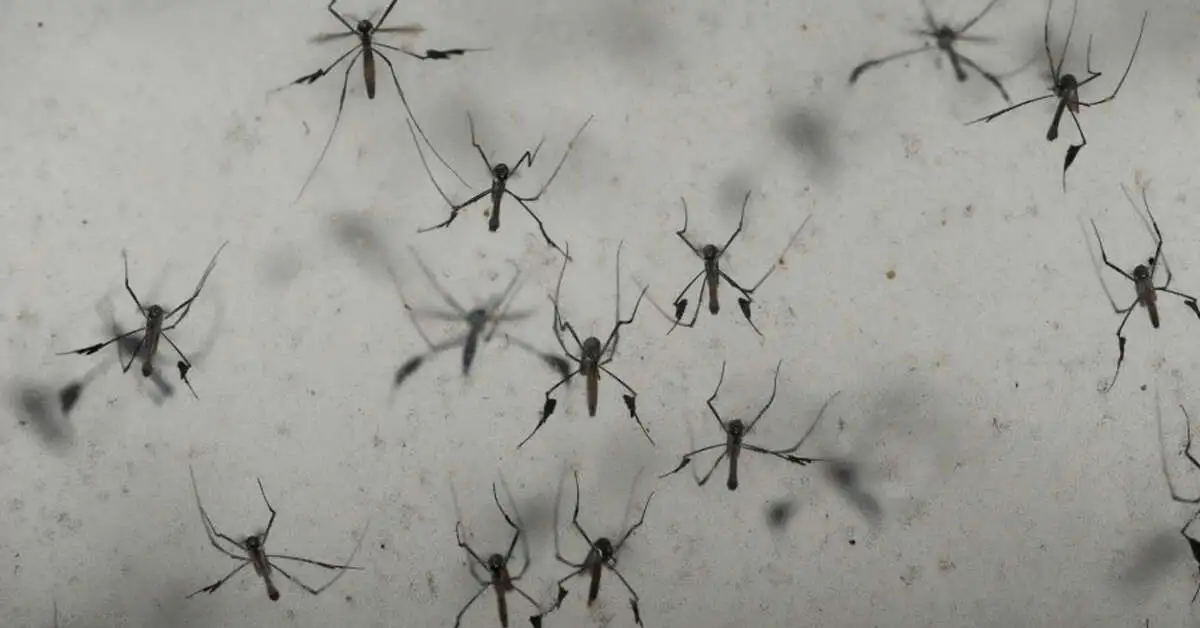In a remarkable leap forward, scientists in the United States have achieved a groundbreaking milestone by safely and effectively infecting human volunteers with the Zika virus. This monumental achievement marks a significant step towards comprehending this infectious disease and forging the path to the development of vaccines and treatments.

This study, known as a “controlled human infection model,” has historically been shrouded in controversy when it comes to Zika due to the potential risks to participants and the dearth of treatment options. However, both U.S. regulators and the World Health Organization have given their seal of approval to this innovative approach, pioneered by a team at the Johns Hopkins Bloomberg School of Public Health, deeming it both safe and scientifically imperative.
Zika, primarily transmitted through mosquito bites, often presents as a mild or asymptomatic infection. Yet, the major outbreak in the Americas during 2015 and 2016 exposed its perilous impact on pregnant women and their fetuses, leading to devastating birth defects such as microcephaly—a condition characterized by an abnormally small head and brain.
Unfortunately, until now, no vaccines or treatments for Zika have been available, and the outbreak had subsided before new interventions could be thoroughly tested. Although reported infections have dwindled globally, reaching approximately 40,000 last year in the affected regions, the World Health Organization has cautioned that surveillance can be inconsistent, and transmission patterns for Zika remain inadequately understood. The looming threat of climate change further exacerbates the virus’s spread, which already has a presence in 91 countries.
ALSO READ: Shocking Discovery: Space Junk’s Hidden Threat to Earth’s Precious Sky
Dr. Anna Durbin, the lead researcher at Johns Hopkins, emphasized the urgent need for developing countermeasures, especially in light of the potential resurgence of infections. Equally significant, she highlighted the mental health burden borne by pregnant women in endemic areas who live in constant fear for the safety of their babies with limited protection options.
In their pioneering study, Durbin and her colleagues employed two Zika virus strains to infect 20 female volunteers who were neither pregnant nor lactating. All of them developed laboratory-confirmed infections, experiencing only mild illness. Eight additional participants received a placebo. To mitigate potential risks, the infected individuals were closely monitored in an inpatient unit until they were entirely free of the virus, and they consented to use birth control methods for two months.
The next phase of the research will entail evaluating the virus strains in male volunteers, with a particular focus on assessing the duration of infectiousness of the virus in semen, considering its potential sexual transmission.
Dr. Durbin disclosed that several vaccine manufacturers have already expressed interest in employing these strains to test their experimental products. These groundbreaking findings were presented as an abstract at the annual meeting of the American Society of Tropical Medicine and Hygiene in Chicago.
ALSO READ: Breaking News: Scientists Unleash Mini Black Holes with Mind-Blowing Pseudogravity
Mars Mystery Unveiled: Shocking Truth Behind the Strangest Quake Ever









